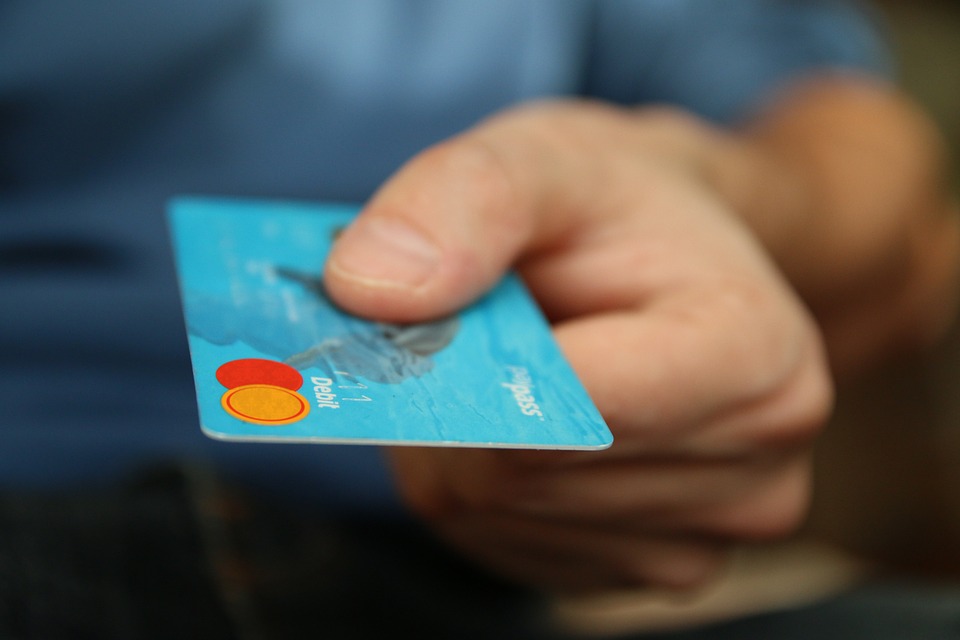Has your bank account crawled out of the Black Friday sales as a shadow of its former self? If so, don’t worry – you’re not alone!
A recent survey found that on average British people planned to spend a whole £220 on Black Friday and Cyber Monday sales this year. This buying is not isolated to sale season alone; another survey revealed that 65% of Britons admit to impulse buying something at least once per month.
Malls are such a mess.. Black Friday is not necessary and is overrated pic.twitter.com/WAFFYuFn47
— Regomoditswe 🍀 (@Dario_Sessions) December 15, 2018
The trends continue to persist despite the regret we all inevitably feel following an impulse purchase, so why is this the case?
The world of mass-media and advertising means that we are constantly exposed to marketing campaigns, which is possibly one of the most prominent factors; enticing emails amongst appealing adverts can make it impossible to be unaware of sales and all the must-have items.
Alternatively, one can turn to blame the bigger picture of our society, which is what most teenagers today seem to be doing anyway, and point a finger at consumerism. We are all driven by wants and needs, exacerbated by the newfound comparison levels available to us by social media, all topped off by the fact that this society places much of our worth on possessions.
This rings true for the smaller-scale purchases as well as the larger; as students alone most of us are guilty of seeing a nice item on Depop, and thereby justifying a whole shopping trip (which, for the record, is rarely justifiable).
Deffo need to cut out impulse buying 😭😭😭
— Arike (@Thosespokenlies) December 10, 2018
Online shopping seems to also contribute to the issue, with 7 in 10 people surveyed admitting that the ease of online purchasing makes it far more likely for them to follow through with an unplanned purchase. This likely strikes a cord with most of us; scan the room in an average lecture, and you’ll probably see a few people on Pretty Little Thing, Boohoo or the Urban Outfitters website.
Ease is clearly an important factor, as the rate of impulse buying can be seen to positively correlate with the presence of contactless payments and online payments.
The effortlessness of simply tapping a button or swiping a card, rather than typing in a PIN number or paying with cash, make impulse buys that much easier, and more justifiable.
The effects of impulse buying aren’t quite as desirable as the new items, however (I don’t think I’m alone in knowing at least one person that’s gone into their overdraft after a particularly extravagant spree).
Jokes on the Vietnamese guy who just tried to pickpocket my wallet off me. All it has inside is $2 in notes, an invalid Birmingham uni student ID card, and a debit card with a maxed out overdraft of minus £1000 on it. Go wild x
— Charlie Messenger (@Charlie_Mess) December 15, 2018
1 in 3 of the aforementioned survey respondents reported buying things they couldn’t afford, so next time you go to buy that “essential” top you’ll never wear again, think twice and save yourself the regret when you see it in your wardrobe (or in your bank balance)!
Krishna Choudhury
Image: [Pixabay]

